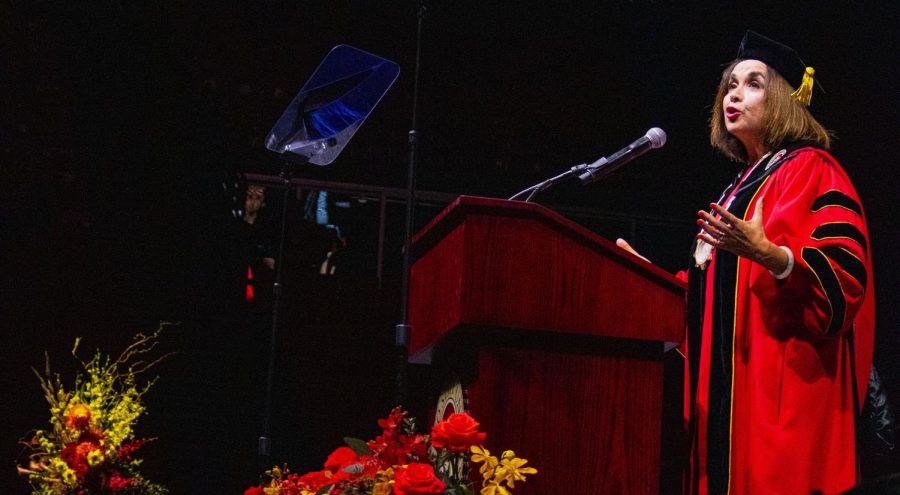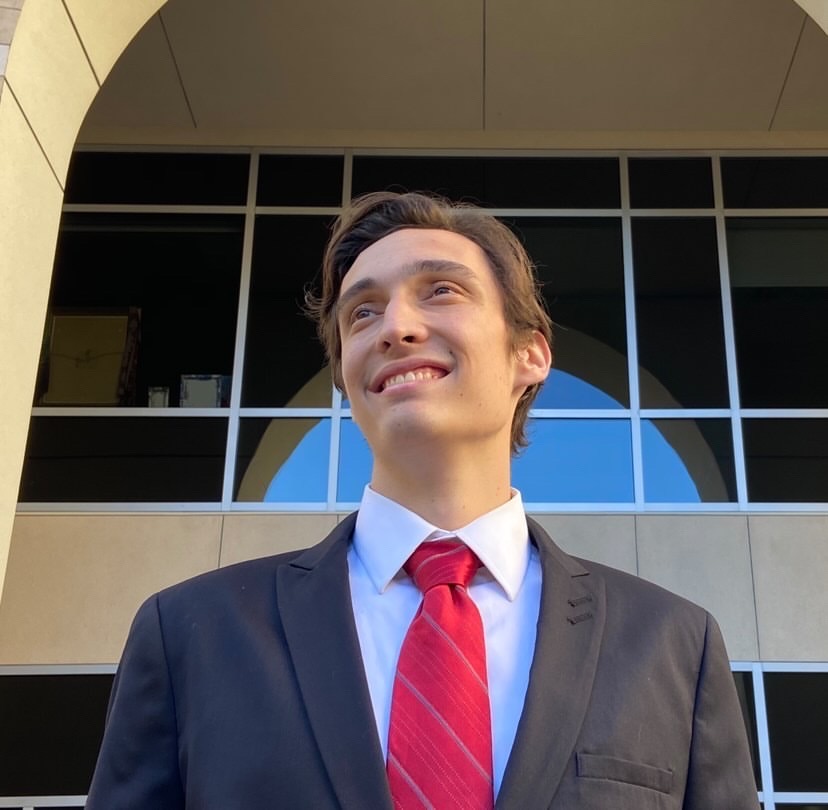The editorial about Associated Students elections published a few weeks ago fails to recognize the shared blame of the lack of involvement in the A.S. elections this semester, the ineffective A.S. governmental structure and the lack of outreach efforts for marketing the campaign to non-traditional students. Non-traditional being students not traditionally involved in, or voting for, A.S. offices. The Editorial Board puts all the burden to step up on the students. As a candidate in previous years’ election cycle, I saw the process from a unique perspective after already having two years of experience in A.S. — most recently as a Student-at-Large on the Board of Directors.
Although the election has passed and the semester is coming to a close, I wanted to respond with some critical feedback to shed light on the true issues surrounding the (il)legitimacy of A.S. as a student government and point to the real reason as to why so few students ran for positions this year.
The board proposes the question: Why didn’t anyone step in to challenge the status quo? Well, we did. We meaning STRIDE and SDSU CommUNITY the students who formed inclusive coalitions to run in these elections the previous year. We are the “critics” referred to in this article as the ones who “quit” and therefore set a “toxic precedent” negatively impacting the involvement in the elections this year. I was taken aback by the word choice used by the Editorial Board as it could not be farther from the truth.
After fighting diplomatically within the confines of A.S. many policies and meeting procedures, I, along with many others who share the values of inclusion, reform and justice stepped up to run in the elections for A.S. offices in 2017. However, after the repeated lack of care for our minority positions, and after the mascot vote failed to show the majority in favor of changing the status quo, we resigned in protest. It was not merely over one vote not going our way, but because of a pattern of dismissal from the voices carrying the most power in the organization. All blame was placed on us, the “critics” of A.S. This is ironic since we are the exact people who did challenge the status quo. As the article admits, it is likely true that the Greek community in particular has an advantageous position in winning these seats because of their large network and seemingly automatic support from their peers.
We showed that we fight for the important issues by resigning, only 2 weeks before the end of our term. The Daily Aztec set a precedent the year I ran and endorsed our entire slate, Team STRIDE. The Editorial Board said that “Sension is on the right side of history on issues of social justice as they relate to SDSU,” about me, yet they failed to draw the logical line to my actions in resigning a few weeks later for those same issues of social injustice. The method of putting all the blame on us “critics” is not only insulting but incorrect.
The structure of the student government keeps the majority of power in the hands of few, and very few students on campus could even explain what A.S. does or how it directly impacts their SDSU experience. The Executive Director of A.S., Christina Brown, is one of the most powerful people in the organization, yet she is not a student nor has a background in student affairs or government. She is the constant in this equation of passing down leadership year after year to the incoming A.S. officers who only stay for a year. So her control of information is a real concern if we want to have a government that is transparent and truly working for student interests.
In addition to the problematic structure of A.S., another issue is voter turnout. The editorial over-exaggerates by saying we will need “a Herculean effort to motivate an already apathetic electorate.” This underestimates the power of intentional, effective marketing. SDSU has a top business college with thousands of students who study marketing and have access to professors who are top in their fields. An issue my team and I saw when campaigning was the lack of marketing efforts from A.S. and SDSU to encourage students to participate in voting and informing them how this organization directly impacts them. A 20 percent voter turnout is not impressive, and is not a true representation of the campus community. A.S. “does a lot to encourage involvement” is not true. The average SDSU student has little knowledge about the organization, so their lack of interest in voting makes sense. It is the burden of the student government to market the election fully to ensure maximum outreach to gain a higher voter turnout.
This burden is mostly on the candidates, who skip classes and meals to attend student organization meetings and other events to campaign and spread the word about voting in the elections. Team STRIDE organized an event just for graduate students during our campaign because this section of the population is often ignored even though their fees pay into A.S. just like everyone else’s’ do.
This issue is complex. Blaming students who critique A.S. and in the same article, demanding that students who have concerns step up and run, is ironic and counterintuitive. My passion has always been to serve others and shed light on issues of justice. My hope is that this will also help the incoming A.S. officers work to make transformations within, and outside of, the organization to make a positive impact.
Chloe Sension was a candidate for A.S. president in 2017.









